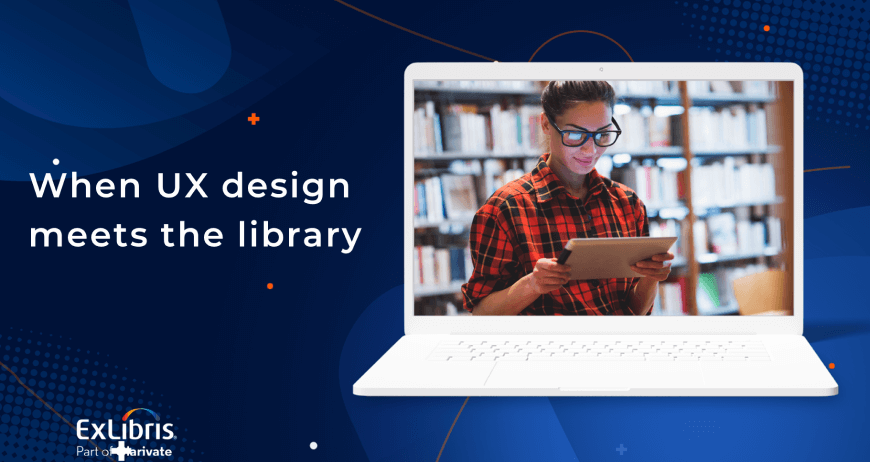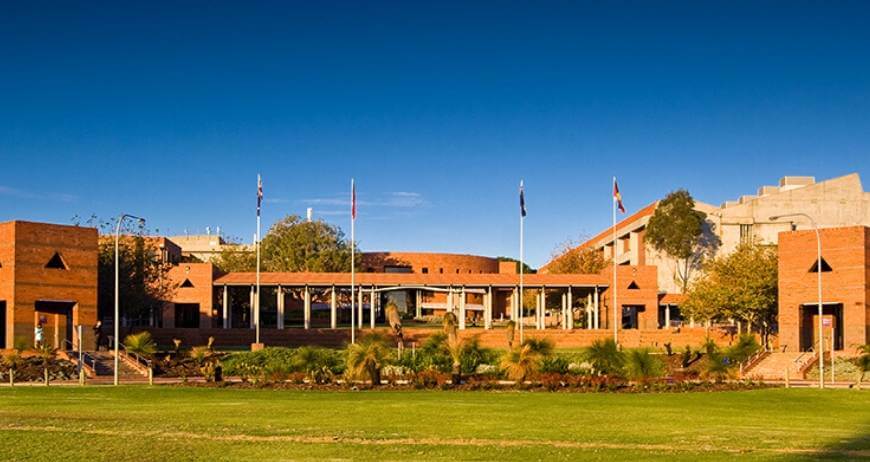U.S.-based Florida Gulf Coast University (FGCU) is a young and up-and-coming doctoral institution with an aggressive plan for further growth. When Dr. Tracy Elliott stepped in as dean of the FGCU library, she saw an opportunity to empower the university to meet its plan by advancing the library as the hub of research, teaching and learning. The library’s bold vision was supported with a plan they entitled Elevation 2030, a multidimensional initiative that a unified technology approach is now helping them execute.
Elevating the role of the library
Elevation 2030 is aptly named: its Strategic Directions and Actions anchor library faculty and staff around a vision to elevate service by adapting to evolving student, faculty and community member needs. It aims to:
- Improve discovery and delivery
- Develop the expertise of staff and increase inclusion
- Impact student success
- Support the research enterprise
- Steward the physical library
- Engage with the community
A unified technology foundation enables digital transformation at FGCU
Elevation 2030 challenges the library to implement “new and experimental technology for learning and discovery.” With its Alma backbone, a “unified” library management system that enables them to manage all their resources and unique materials on a single platform, the library laid a technology roadmap that impacts all areas of their decade-long plan. The roadmap calls for essential library functions like discovery, acquisition, resource sharing and course materials list management to support library and university staff, faculty and students with integrated and easy-to-use services.
As a result of FGCU Library’s imaginative use of technology…
- The library has become more deeply integrated with the classroom and student success
- Collections – its own and those of academic libraries across the country – are more accessible to all users, serving the university’s research enterprise
- Importantly, with the single, unified structure of Alma, workflow redundancies are eliminated freeing library staff to tackle the strategic work of continuous improvements that keep the library on top of evolving user needs
Continually improving day-to-day activities
Matt Losey, FGCU Creative Commons Lab coordinator, whose department is helping to implement the library’s new technologies and training users, said: “We’re helping all our teams accelerate on this all-digital landscape. It’s really exciting because of the sheer number of possibilities. Our department is pushing for things that can help the day-to-day.”
Among the achievements of the digital transformation
- Broadening student access to no-cost classroom materials through the implementation of the Leganto resource list management system. Leganto builds bridges between libraries and faculty, streamlining to no-cost course materials available in the library collection.
- Improving borrowing and delivery via the Rapido library resource sharing system, which puts the concept of interlibrary loan directly in front of users and makes it easy to use. Rapido also allows students to easily track delivery, telling them exactly when their resources will arrive – peace of mind when students are preparing for exams and papers.
- Simplifying demand-driven acquisition (DDA) via the Rialto, selection and acquisition marketplace. Staff can easily view DDA pools in Rialto and view titles that are part of DDA throughout the marketplace. Real-time activity badges indicate to other selectors if a title is already in DDA, keeping the entire staff on the same page. Plus, exclusion of current holdings in Alma library management system from the DDA pool is based on real-time information from Alma, ensuring accuracy.
- Reimagination of library spaces to improve access and equity. Among the expanded services are laptop kiosks that enable students to check out laptops and use them throughout the library, enabling all students – regardless of financial status – to use and benefit from the new technologies available at the university.
A common vision unifies the library at FGCU
Elevation 2030, the strategic plan, is the library staff’s anchor through the ongoing digital and physical transformation of the FGCU Library. Through the strategic plan staff understand how their individual and cross-functional efforts contribute to the strategic goals. The trust between library staff and university leadership has minimized barriers and untethered the staff to reach these goals. In only three years, library staff, plus their unified approach to technology, are working cohesively toward the end goals – discoverability, innovative use of space, research enterprise support, student success, community engagement, and increasing equity.
Academic Librarians are crucial for empowering student, faculty and researchers’ success. Read FGCU Library’s story to learn more about its vision and what services are delivering most impact.
Learn more about the Ex Libris integrated library software.








